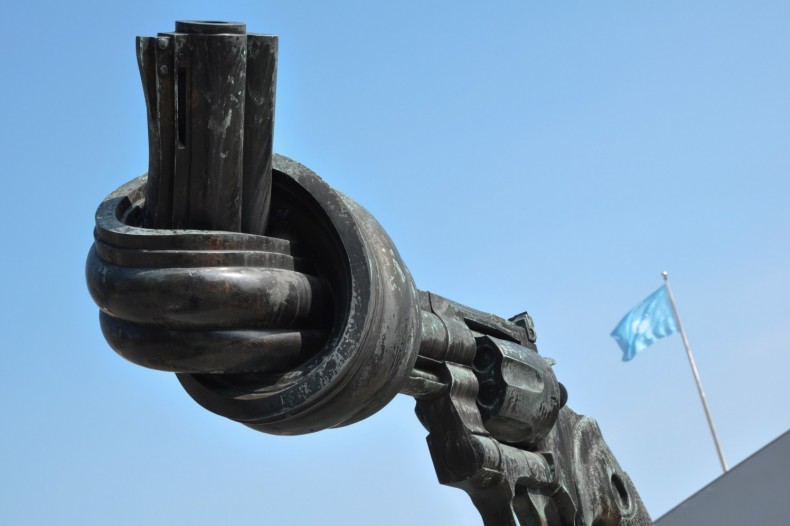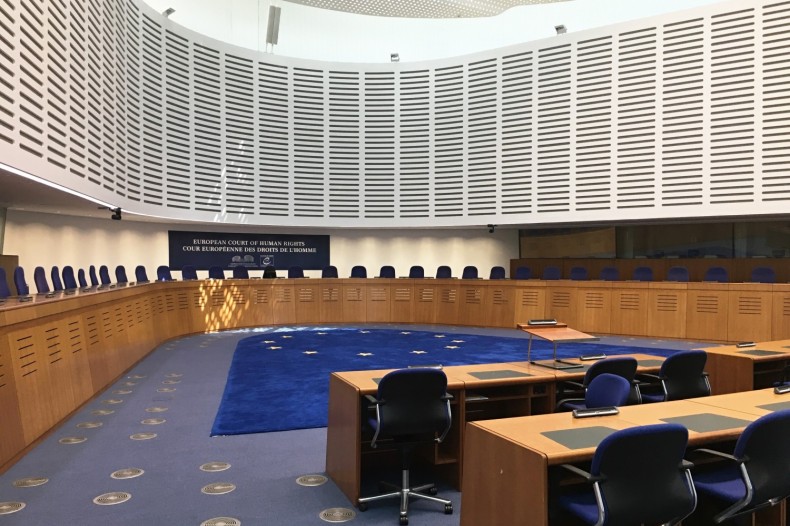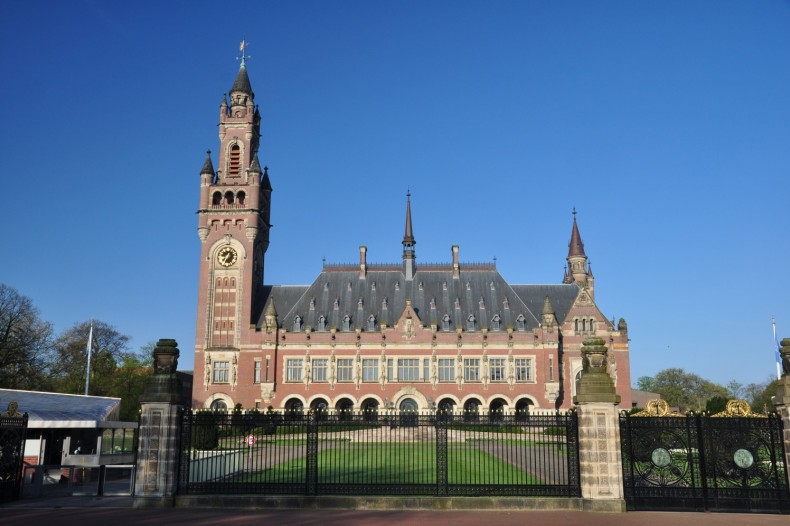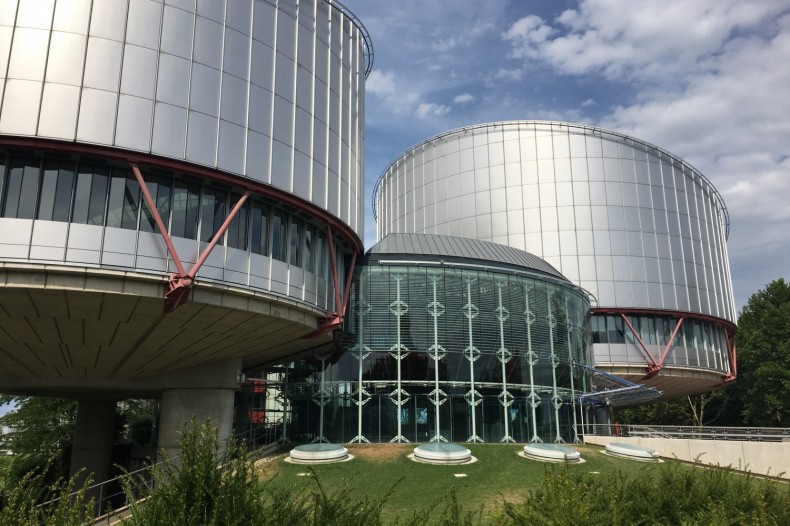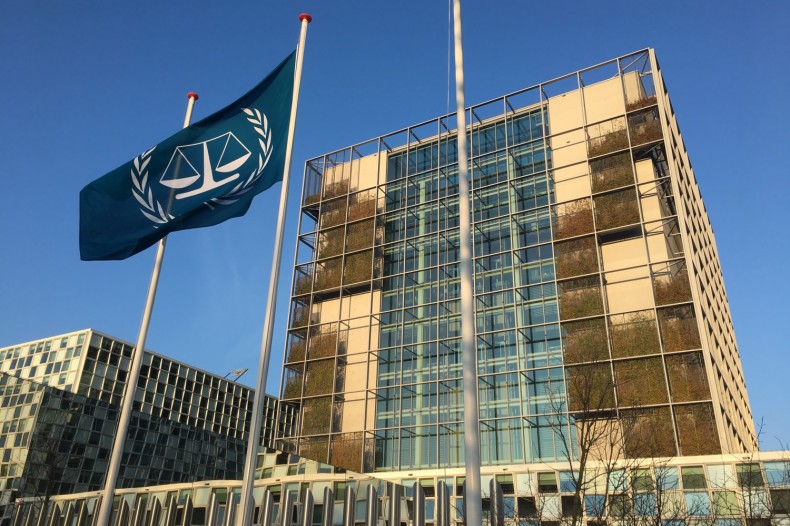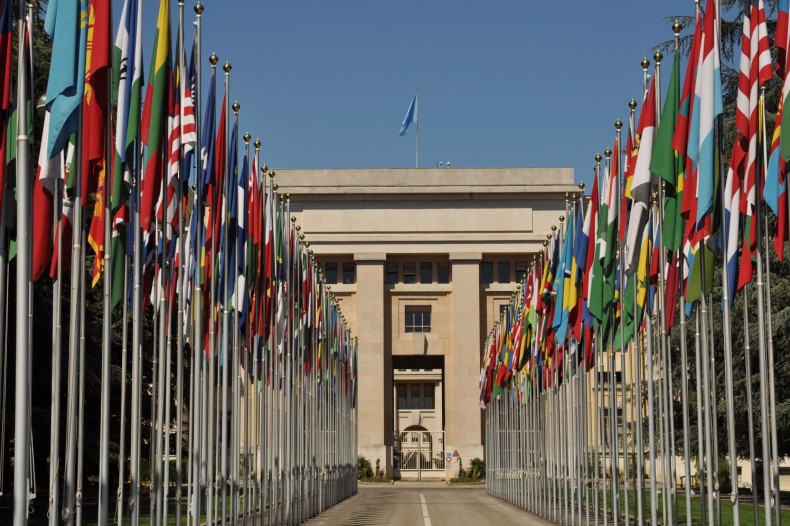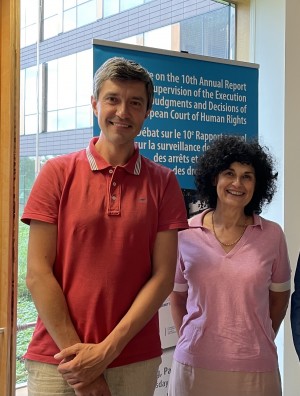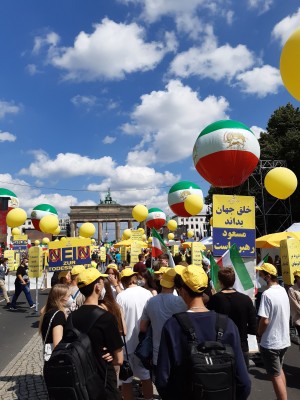Czech Centre for Human Rights and Democracy
The Centre is an independent academic institution monitoring human rights developments both domestically and worldwide, issuing a monthly Bulletin, as well as organizing conferences.
Sweden is trying former Iranian official, Hamid Nouri, who was allegedly part of a prison massacre in the 1980s in Iran. Nouri is suspected of murder and crimes against humanity. The trial started in August 2021 and is expected to continue until April of 2022. Nouri is the first person charged over crimes committed in 1988, even though many former officials involved in the massacre are still in positions of power in Iran.
There is little doubt that the system based on the European Convention on Human Rights and its protocols, with the European Court of Human Rights at its centre, is the most advanced regional human rights system which exists. Nevertheless, the real functioning of the Court faces a number of challenges. Which are the most important today? And which will be tomorrow?
During the COVID-19 pandemic courts in many countries started to use video hearings to interrogate witnesses, examine evidence or to conduct an entire trial online. Questions arose as to whether the online hearings align with the human rights guaranteed by the European Convention on Human Rights.
From the perspective of the lawyers of the European Court of Human Rights it may seem that with the delivery of the judgment, the work is finished. However, from the perspective of the lawyers of the Department for the Execution of Judgments of the Council of Europe, this is where the work begins. What does it take to trigger and monitor a successful domestic implementation of a judgment of the Strasbourg court?
On 11 July 2021, the objectors to the regime of the Supreme Leader Ali Khamenei and the newly elected president Ebrahim Raisi gathered in front of the Brandenburg Gate in Berlin. A huge gathering waving Iranian flags has joined forces in a loud call for democracy and a chant of support for the opposition leader, Maryam Rajavi.
About three months ago, the Belarusian officials grounded the flight of Ryanair airlines with the activist Raman Pratasevich and his girlfriend on board. Their subsequent arrest in Minsk has provoked international outrage. Why did it happen and how is the story unfolding?
Effective regulation of emerging and disruptive technologies is among the chief legislative challenges of contemporary policy-makers, including (perhaps especially) those concerned with internationally binding regulation. The EU is particularly sensitive to such challenges. Its freshly unveiled Artificial Intelligence Act is an ambitious proposal to regulate AI technologies in a human-centric way.

